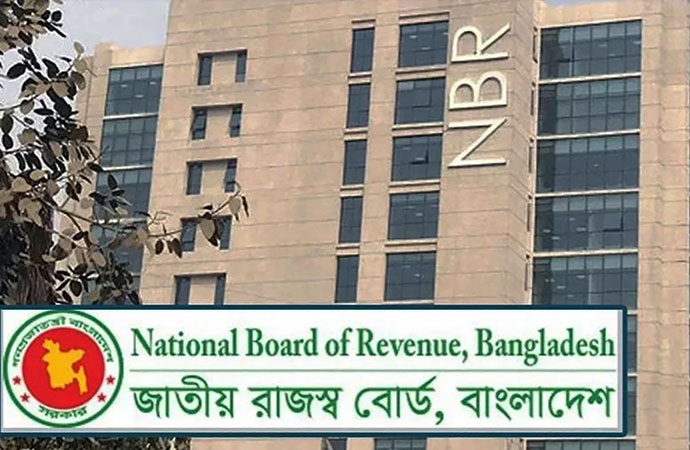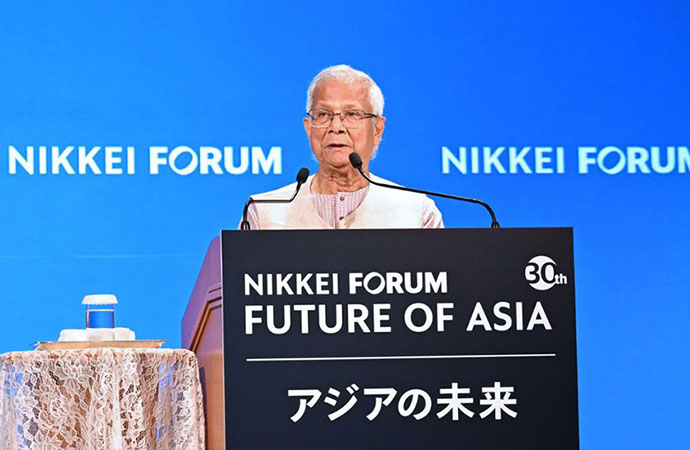Featured 1

On 12 May, the government issued an ordinance to abolish the National Board of Revenue and the Internal Resources Division, replacing them with two new departments, one for revenue policy and another for revenue management. NBR officers and employees immediately began observing a work strike. As a result, not only were people suffering due to service disruptions, but revenue collection was also being affected.
The planned restructuring followed a key condition set by the International Monetary Fund to separate tax policy from administration. The Washington-based lender has long urged reforms to increase Bangladesh's tax-to-GDP ratio, one of the lowest in Asia and the world.
Under the "Revenue Policy and Revenue Management Ordinance 2025", the government planned to establish a Revenue Policy Division and a Revenue Management Division. The policy division would design tax laws, set rates, and oversee international tax treaties, while the management division would handle enforcement, audits, and compliance for income tax, VAT, and customs.
This week, officials of the NBR called off their protest following a government pledge to transform it into a "specialised and autonomous agency" rather than dissolving it. The officials, protesting under the banner of the "NBR Reform Unity Council", had earlier threatened a complete suspension of operations unless their four-point demand was met.
If institutional reforms are to be carried out, all stakeholders must be involved with mutual trust. Both positive and negative reactions should be anticipated in advance. The interim government clearly failed to do either. The Ministry of Finance did provide verbal assurances that the changes would be carried out while safeguarding the interests of customs and tax officers and employees. They stated that since the necessary amendments and implementation would take time, all existing NBR activities would continue as before, and customs and income tax cadre officers would carry out their duties under the current system.
Yet, the government appointed officers from the administration cadre to senior positions. Although the chairman was supposed to be selected from among the NBR members, this was not done. On May 22, the Ministry of Finance issued a press statement saying that the ordinance would be amended in line with discussions with revenue officials. Although the statement was welcomed by the officials, it couldn't regain the confidence of the revenue-board officials as they noted a 'hide-and-seek' in the issuance of the ordinance earlier. Distinguished fellow of the Centre for Policy Dialogue (CPD) Professor Mustafizur Rahman thinks the government "mishandled the NBR issues from the very beginning."
It remains to be seen how the botched restructuring of the NBR now affects the wider reform agenda of the government, at a time when it is already facing some political headwinds in the form of demands for election as soon as possible. It will require the chief adviser and his team to summon their powers of persuasion, as well as their wherewithal for implementation, to avoid failure on this crucial front.

























Leave a Comment
Recent Posts
Pedaling Through the Mangroves ...
The journey from the bustling streets of Barishal to the serene, emera ...
Why the Interim Government mus ...
Two weeks out from what is expected to be a red letter day in the figh ...
Doesn’t matter who thinks what about Bangladesh deci ..
The Other Lenin
US President Donald Trump said his administration
Govt moves to merge BIDA, BEZA, BEPZA, MIDA